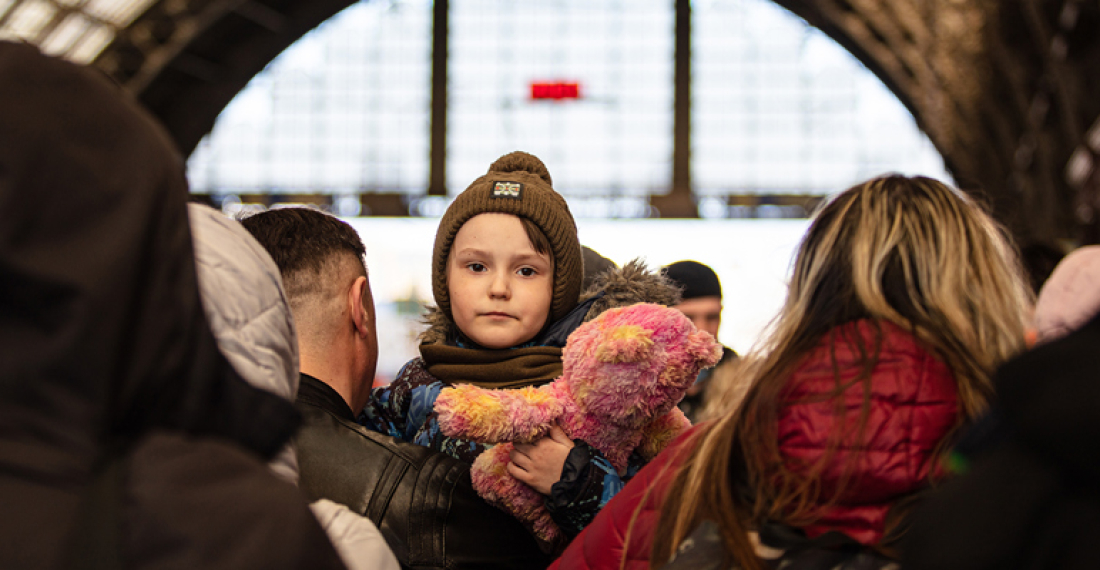According to experts from Yale University and Ukrainian groups, Russia’s forced removal of Ukrainian children during the war constitutes the largest abduction of children in a conflict since World War II. Such a violation has been described as a clear war crime.
Since Russia’s large-scale invasion of Ukraine in February 2022, an estimated 35,000 Ukrainian children have been taken to occupied areas or other parts of Russia and placed in orphanages. According to the Ukrainian organisation Bring Kids Back, only around 1,366 children have been returned or escaped back to Ukraine. Based on the children’s testimonies, most have faced indoctrination in Russian camps, where they have endured military training and been punished for speaking Ukrainian. They have also been pressured to adopt a Russian identity.
Nathaniel Raymond of Yale’s Humanitarian Research Lab warned that children placed in Russian orphanages or adopted by Russian families may be 'basically impossible to get back'. He compared the scale of the abductions to the Germanification of Polish children during the Nazi era.
In March 2023, the International Criminal Court issued arrest warrants for President Vladimir Putin and Child Rights Commissioner Maria Lvova-Belova over these crimes. Ukraine insists that the return of abducted children must be a condition of any peace agreement. Russia denies these allegations, with an official arguing that Ukraine was “staging a show on the topic of lost children” during ceasefire talks in Turkey earlier this month.






